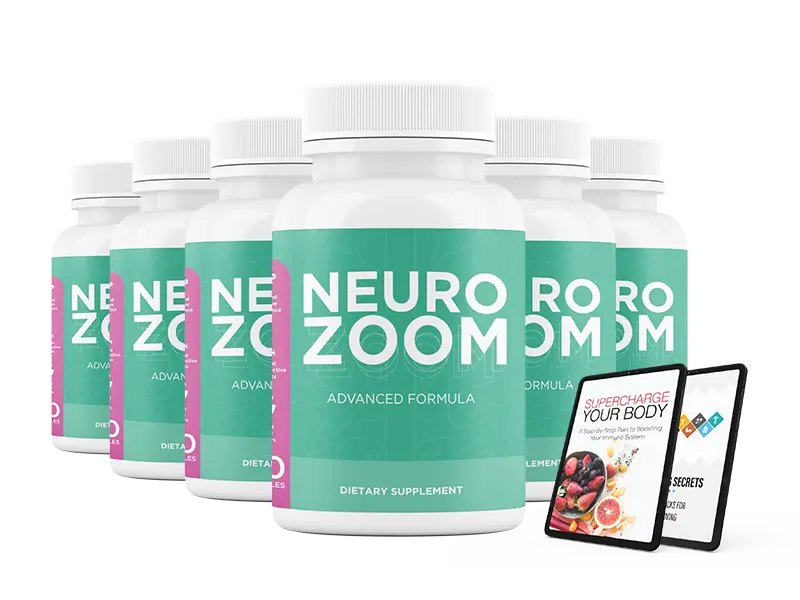
The Key to a Balanced and Healthy Diet
Maintaining a balanced diet is essential for overall health and well-being. With so many food options available, it can be challenging to make the right choices. A healthy diet consists of consuming the right portions of essential nutrients, including fruits, vegetables, whole grains, lean proteins, and healthy fats. Understanding how to build a nutritious plate will help you maintain energy, improve digestion, and prevent diseases.
How to Create a Balanced Plate
A well-balanced meal should include a variety of food groups to provide the body with essential nutrients. Ideally, half of your plate should be filled with fruits and vegetables. These foods are rich in vitamins, minerals, and antioxidants that support immune function and overall health.
The remaining half of your plate should be divided between whole grains and lean proteins. Whole grains, such as quinoa, brown rice, and oats, provide fiber that aids digestion and keeps you feeling full longer. Lean proteins, such as chicken, fish, beans, and tofu, are essential for muscle growth and repair.
Healthy fats, such as those found in avocados, nuts, and olive oil, should also be included in moderation. These fats contribute to brain function, heart health, and hormone regulation. Proper hydration is also vital, so make sure to drink enough water throughout the day.
The Importance of Portion Control
Even with healthy food choices, portion control plays a crucial role in maintaining a balanced diet. Overeating, even nutritious foods, can lead to weight gain and digestive issues. Using smaller plates, measuring portions, and eating slowly can help regulate food intake and prevent overconsumption.
Mindful eating is another effective strategy for portion control. Paying attention to hunger and fullness cues can prevent unnecessary snacking and emotional eating. Eating meals without distractions, such as television or smartphones, allows for better awareness of food intake and satisfaction levels.
Making Healthier Food Choices
Choosing whole, minimally processed foods over highly processed options is one of the best ways to maintain a balanced diet. Processed foods often contain added sugars, unhealthy fats, and artificial ingredients that can negatively impact health. Prioritizing fresh, natural ingredients helps ensure better nutrition and overall well-being.
Reading food labels can also assist in making healthier choices. Checking for added sugars, sodium levels, and artificial additives helps identify products that align with a nutritious diet. Cooking meals at home allows greater control over ingredients and portion sizes, making it easier to maintain a healthy lifestyle.
Conclusion
A balanced diet is about making conscious, nutritious choices that nourish the body and promote long-term health. By including a variety of food groups, practicing portion control, and avoiding overly processed foods, you can improve your overall well-being. Small changes in eating habits can have a significant impact on energy levels, digestion, and disease prevention. Start making healthier choices today and experience the benefits of a well-balanced diet!






